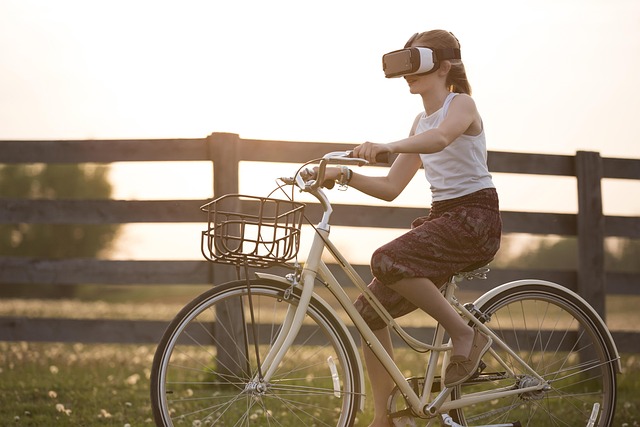Exploring New Horizons: The Rise of Virtual Reality Tourism in the Digitalization Era
In recent years, virtual reality tourism has emerged as a remarkable innovation at the intersection of technology and travel. As we delve into this new realm, it’s essential to consider the implications of this transformation on our social interactions and etiquette as we explore destinations from the comfort of our homes.
Technology Etiquette in Virtual Reality Tourism
With the advent of virtual reality tourism, the way we experience different cultures is evolving. However, the immersive nature of these experiences demands a new understanding of technology etiquette. Just as one would not disrupt a live tour with loud conversations or inappropriate behavior, VR experiences call for similar respect. Engaging in virtual excursions requires us to remember that others share this space, whether it’s listening to tour guides or interacting with fellow travelers. Maintaining a sense of decorum enhances the overall experience and fosters a sense of community among participants.
Moreover, as we navigate through virtual landscapes, being aware of our actions—such as avoiding the ‘collision’ with other users—can help create a smoother journey. This digital age puts emphasis on manners, even when the setting is entirely virtual. After all, embracing a mindset of respect and consideration can bridge the gap between traditional tourism and its virtual counterpart.
Social Trends Shaping VR Tourism
The trend of virtual reality tourism reflects a broader societal shift toward flexibility and accessibility in travel. The COVID-19 pandemic has accelerated this digitalization, compelling people to seek alternative ways to explore the world. The rise of virtual tours—from art galleries to historical sites—not only provides a solution for those unable to travel but also creates a unique opportunity for social engagement.
Interestingly, these virtual experiences have become social events in their own right. Friends and family can connect from different geographical locations to embark on virtual journeys together. This opening up of experiences to a broader audience brings with it new dimensions of social interaction, encouraging bonding over shared adventures. Virtual platforms are effectively redefining social trends, emphasizing experiences over mere destinations.
As we embrace this digital age of travel, it’s crucial that participants remain mindful of their impact on this evolving form of tourism. The integration of technology into our social lives is continuous, and as we explore these new horizons, adopting positive social trends ensures that virtual reality tourism remains a respectful and enriching experience for all.
Ultimately, as we navigate through these unprecedented opportunities, the fusion of technology and tourism requires us to adapt—not only in our travel habits but also in how we connect with one another in this digitized world.




